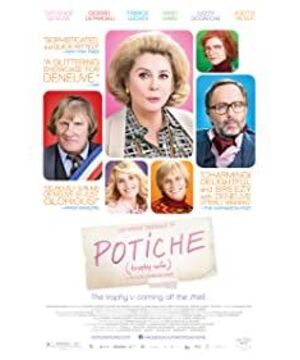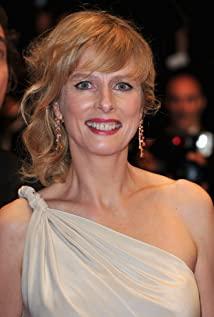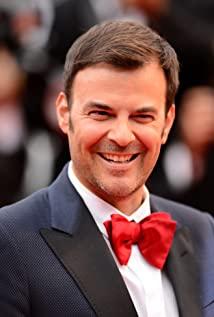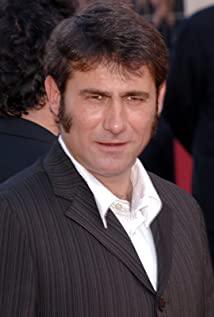Let's talk about the background of the film first. In the 1970s, the feminist movement in France was in full swing. Standing out, they are deeply influenced by Foucault's theory of discursive power and Derrida's deconstruction, trying to deconstruct patriarchy and change women's "other" status in society. Under the influence of these theories, women began to compete for the right to speak, and even began to create a discourse system belonging to women, forming a tradition of female body writing in the literary world, and striving to demand equal opportunities and power in society. But like Anglo-American feminism of the same period, French feminism also has its limitations. It is mainly limited to women in the elite class, or it mainly focuses on the rights and interests of middle-class white women, while less consideration is given to the bottom of society and ethnic minorities. women.
In such a social context, it is understandable that the heroine of the film is a noble woman rather than a low-class woman struggling in suffering. She lives a comfortable and superior life, and loves life and enjoys it. Her husband is a representative of patriarchy, self-centered, rude, tough, diligent, and betrayal, while she is gentle, considerate of others, and gets along harmoniously and happily with people around her. Although she had many lovers when she was young, she did not seem to be Affected her reputation, but proved her charm.
Aside from being estranged from her husband, her life seemed impeccable. If it wasn't for the unexpected illness of her husband, she might not have thought about changing her current life. It can be said that she passively embarked on the road of feminism. This is in line with society's imagination of the passive status of women, but at the same time it inevitably weakens the feminist significance of the film. The conflict and confrontation between men and women are also weakened in the film. The oppressed and discriminated side of women only shows that the heroine has no job and cannot meet the needs of being recognized by society.
During her husband's illness, she temporarily assumed the position of factory director as the daughter of the former factory director, which seemed to provide a legitimate reason, but at the same time, it seemed to prove that in order to make a difference in men's society, it is not enough for a woman to be able to make a difference Yes, her backing is still men, in this film, her father and her son. It also undercuts the feminism of the film.
The movie seems to imply that she has inherited the ability to manage from her successful father, as there is no other evidence that she is a super talented manager. How she got the factory on track and prospered, mere charisma and compromising on worker strikes isn't very convincing.
This is even weaker in the mayoral campaign. Why did the public support her and the reporters revolved around her? Just because she's an attractive woman? Where does her ability come from? I do not believe that French voters are so shallow and so easily carried away by appearances. Such an election is more of an emotional campaign than a rational choice.
The heroine's motive for running for election is also unclear. Is it because she has tasted the sweetness of power, so she has a greater desire for power? Or do you really stand in the position of women and want to make efforts to achieve equality and freedom between men and women in society? I feel the former is more likely. The heroine said in her speech at the end of the film that it took me a few months to get the factory back up and running, so I thought why not try running the whole of France?
In her speech, she also said, "After becoming a member of parliament, my dream today is to hold up a big umbrella to protect the people around me...because you are still children, my children...for you, this is who I am. Want to be: Mom!". How similar is this to the discourse of patriarchy! "Protection" and "children" all indicate unequal status, which does not seem to be in line with the original intention of French feminism to deconstruct and decentralize, but to establish a feminist center on the basis of overthrowing the male center, so she The final slogan was shouted: "After centuries of oppression and enslavement, women should regain their rights. It's time to return to the matriarchal society and the era of Amazonian female domination!"
All in all, this is a film about women It is still a film about women, directed by men and mainly to cater to the tastes of male audiences.
View more about Potiche reviews











